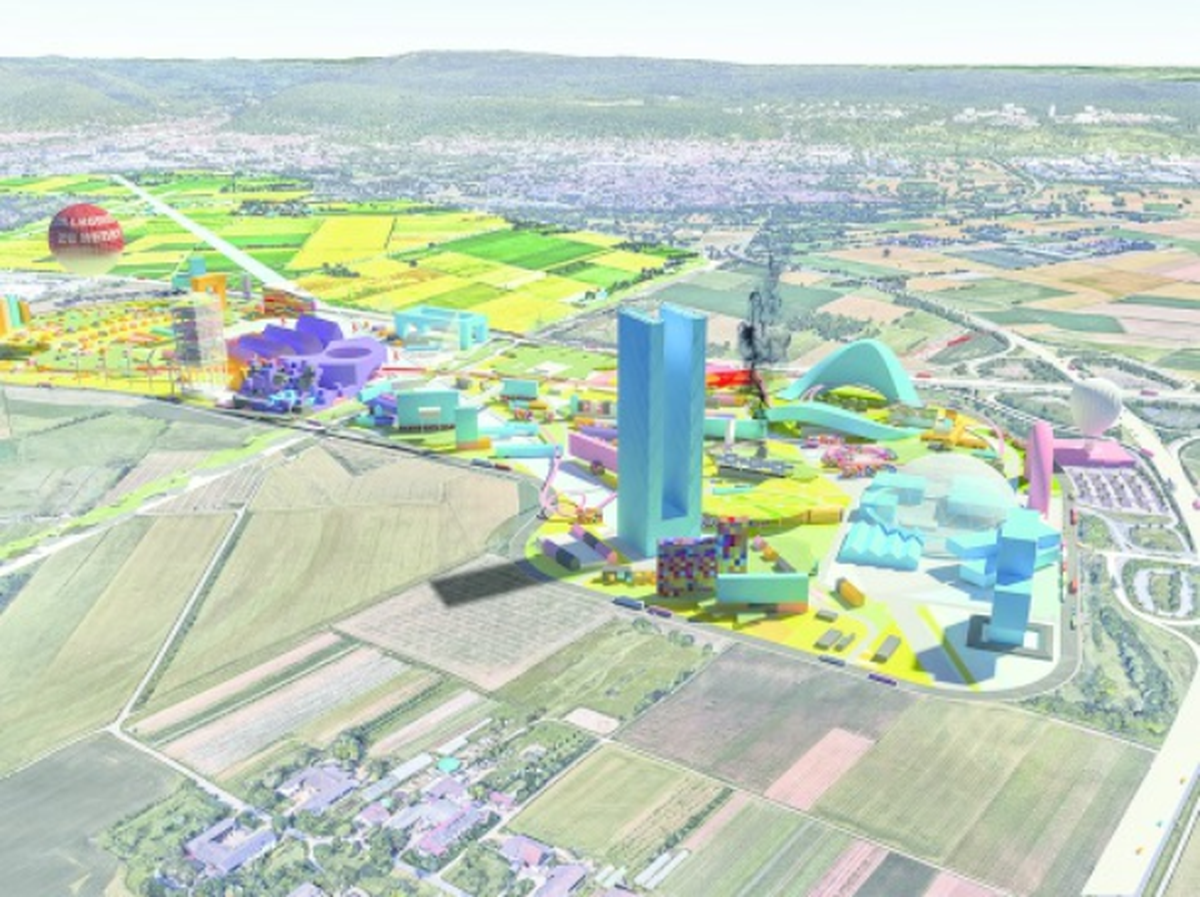2018-Dec-18 : German magazine Bauwelt thinks about PHVision Heidelberg
'Wissen gilt als wertvollste Ressource unserer Zeit. Wo aber entsteht und wächst es am besten? In abgelegenen Eliteunis und Technologieparks – oder im stimulierenden Chaos der Innenstadt? [Knowledge is considered the most valuable resource of our time. But where does it arise and grow best? In remote elite universities and technology parks - or in the stimulating chaos of the city centre?]'
With this headline, StadtBauwelt, the quarterly city-focused special issue of Bauwelt, one of Germany's leading architectural magazines, published its latest issue Wissensstädte [Knowledge Cities]. It discusses the characteristics of different "knowledge" cities from their unique preconditions to their envisaged development strategies.
Heidelberg and the PHVision project are one of the examples.
With this headline, StadtBauwelt, the quarterly city-focused special issue of Bauwelt, one of Germany's leading architectural magazines, published its latest issue Wissensstädte [Knowledge Cities]. It discusses the characteristics of different "knowledge" cities from their unique preconditions to their envisaged development strategies.
Heidelberg and the PHVision project are one of the examples.

Four scenarios were explored in the project's ideas phase among them one on science and economy. (image: MVRDV 2018)
PHVision is a project of the International Building Exhibition (IBA) Heidelberg and aims, in the IBA's own words, to 'create an exemplary urban design to demonstrate that the »knowledge city of tomorrow« will be fit to provide the resources of life for years to come'.
'With an area of almost 100 hectares, the conversion area of Patrick Henry Village (PHV) is almost as large as Heidelberg's old town. The remoteness of the PHV requires intelligently developed concepts that link the area with the region and combine living and working in a new manner.' The IBA has just completed a one-year process where internationally operating urban planners designed four scenarios on the IBA themes in exchange with local experts and citizens: Sciences and business (MVRDV, NL), networks and infrastructure (Carlo Ratti Associati, IT/US), knowledge spaces and housing (ASTOC, DE) and urban metabolism and landscape (Ramboll Liveable Cities Lab, DE/US, and the University of Brighton, UK). These scenarios have then been synthesised by Kees Christiaanse Architects & Planners (NL/CH) into the PHVision concept.
Katrin Bohn has been working on this project for the University of Brighton.
The article by Wilhelm Klauser titled Eine eigene Task Force für die Wissensstadt von Morgen [A dedicated task force for the knowledge city of tomorrow] describes one of the most novel aspects of the project: the strong interconnection of city administration and leadership with the urban planning/design professions and the local public to raise to the challenge of planning for a knowledge society that changes very quickly.
'With an area of almost 100 hectares, the conversion area of Patrick Henry Village (PHV) is almost as large as Heidelberg's old town. The remoteness of the PHV requires intelligently developed concepts that link the area with the region and combine living and working in a new manner.' The IBA has just completed a one-year process where internationally operating urban planners designed four scenarios on the IBA themes in exchange with local experts and citizens: Sciences and business (MVRDV, NL), networks and infrastructure (Carlo Ratti Associati, IT/US), knowledge spaces and housing (ASTOC, DE) and urban metabolism and landscape (Ramboll Liveable Cities Lab, DE/US, and the University of Brighton, UK). These scenarios have then been synthesised by Kees Christiaanse Architects & Planners (NL/CH) into the PHVision concept.
Katrin Bohn has been working on this project for the University of Brighton.
The article by Wilhelm Klauser titled Eine eigene Task Force für die Wissensstadt von Morgen [A dedicated task force for the knowledge city of tomorrow] describes one of the most novel aspects of the project: the strong interconnection of city administration and leadership with the urban planning/design professions and the local public to raise to the challenge of planning for a knowledge society that changes very quickly.
Article published in the journal: StadtBauwelt, issue 220 (26.2018) Wissensstädte, pp. 28-31, see here.
For more information on PHVision see the project's own website.
For information on B&V's role in the PHVision project, see the Practice page on this website.
For more information on PHVision see the project's own website.
For information on B&V's role in the PHVision project, see the Practice page on this website.










